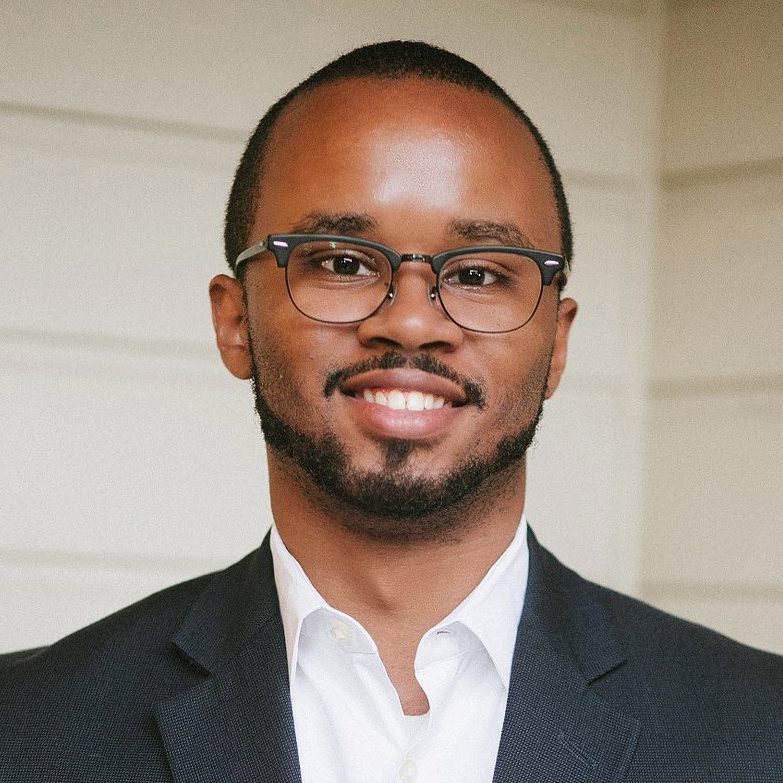This post continues our series The Smart Scholar by Ramon Goings.
As the US higher education landscape changed completely in 2020 with the transition to online learning, many individuals (including myself) were in the midst of applying for new positions. I was fortunate enough to complete the job search process last spring and secure a new position with the University of Maryland, Baltimore County (UMBC) Language, Literacy, and Culture interdisciplinary doctoral program. As you all can imagine, transitioning to a new institution in the midst of a pandemic has certainly been an interesting experience. Now that I have been able to settle in with some time to reflect, I wanted to share some strategies that I have learned to make the most of starting a new faculty position during the pandemic.
Be Intentional about Meeting Colleagues
Prior to universities going to virtual learning, new staff and faculty at universities could easily meet new colleagues. This sometimes happened at the staff/faculty cafeteria, in the parking lot walking to the office, or at university sponsored events. Now that universities are engaging in virtual learning, these informal opportunities to meet with new colleagues are lost. However, despite these changes, there is opportunity to engage with colleagues. Some options to consider are:
- Participating in university sponsored writing groups.
- Reaching out for a short 15-minute meet and greet with individuals.
- Participate in committees on campus (inside and outside of your immediate department).
While these activities take some effort, it is important to think strategically about building rapport with your new colleagues as soon as you arrive. Not only will this help for later opportunities, but this can lead to getting insider knowledge and historical perspectives about how your new university operates. Additionally, these initial conversations can lead to your new colleagues connecting you with others on campus which will build your network.
Control Your Calendar As Much As Possible
I have continuously heard from colleagues about meeting fatigue; indeed, I’ve experienced it myself. It appears that, even more than in the past, higher education professionals are being inundated with meeting requests. While some of these meetings would happen if universities had students, faculty, and staff on campus, it appears that some, if not many, meetings could be an email.
Since virtual meetings are the norm now, it is important to consider your ability to manage these meetings so that you do not have as many. What I have found effective is to use a scheduler like Calendly which you can send a link to a colleague and they can find a meeting time that works for your schedule. I think this is important, as you can at least control the times when meetings are held and can plan your schedule accordingly. Additionally, when using these scheduling apps, have the person requesting the meeting to list agenda items that they want to get accomplished. This will help you prepare for the meeting and ensure the time is used as effectively and efficiently as possible. Lastly, using a scheduling application will limit the back and forth you have via email trying to coordinate a meeting time.
Find Community to Recharge Your Battery
In a virtual environment it is certainly hard to build community with individuals. Additionally, with the increase in meetings, it is important that you find time to recharge. As you transition into a new position it is important to continue to interact (as safely as you can) with individuals who rejuvenate you. This can be family, friends, and certainly trusted colleagues.
While the work of higher education will continue, we all have to pause and recognize that trying to work in the midst of a pandemic where COVID-19 has personally impacted all of our lives.
For individuals who have recently transitioned to new positions, what advice do you have? Feel free to share with me on Twitter.
Any opinions, findings, conclusions, or recommendations expressed in this material are those of the authors and do not necessarily reflect the view of Interfolio.

